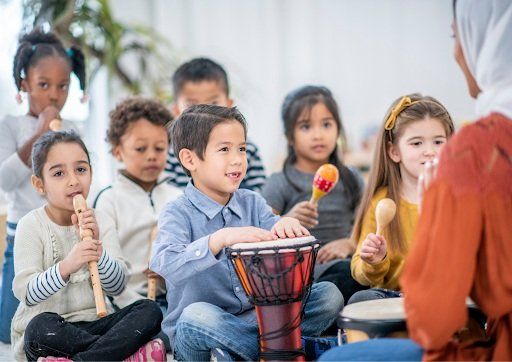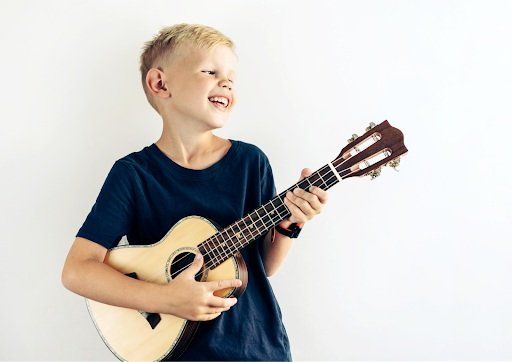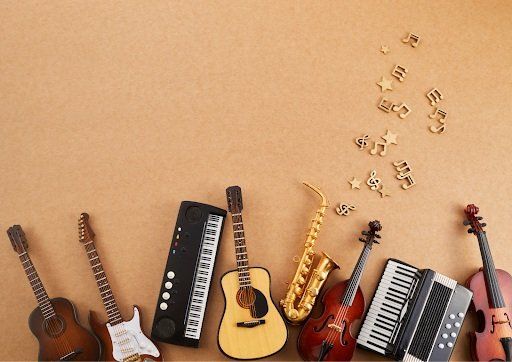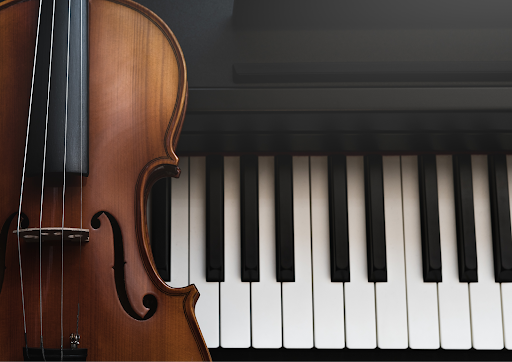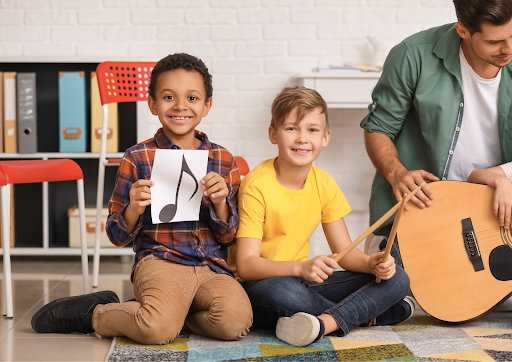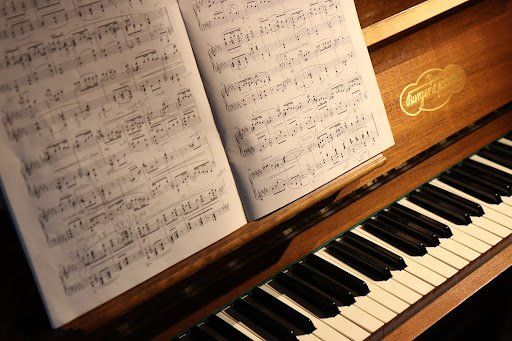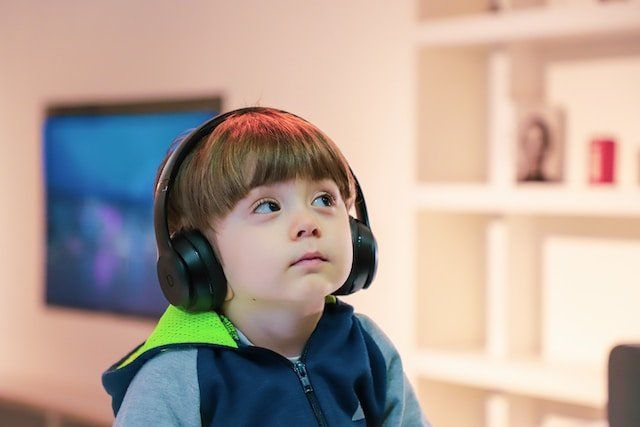Musical Instruments for Kids and How to Help Them Choose
Incorporating music into your child’s life is not just about learning notes and melodies; it’s about fostering creativity, building confidence, and enhancing useful skills in all avenues of life. However, selecting the right instrument can be a bit overwhelming, especially for an indecisive child and inexperienced parent. Fear not! We’ve got some fantastic tips to guide you through this process.
Choosing the Right Instruments for Kids | Understanding Your Child’s Ability/Personality
Most parents understand their child’s personality; raising them from infancy does this! The key to helping kids choose the right instrument is to best match their personality, dexterity, and physical abilities to an instrument that won’t leave them wanting to quit because it’s too difficult to play.
Simply put, some instruments are better suited for kids starting their music-learning journey than others. We wouldn’t start a 5-year-old with a bassoon simply because they like the shape, right? It is possible to suggest instruments to children that match their abilities and personalities without simply instructing them on what to play.
For example, Is your little one full of energy and zest? Percussion could be the perfect fit. Get that energy out while learning the foundational skills of keeping a beat! For the more contemplative souls, the gentle strumming of a loog guitar or the serene keys of a piano might resonate better!
Great Instruments to Start With:
The Loog Guitar – we’re big fans of the Loog Guitar at Jammin With You. With three strings instead of the traditional six, the loog is a simplified string experience that is approachable, engaging, and fun for young learners! Because of its smaller size and lightweight construction, kids are more comfortable holding the instrument, which can be a barrier for full-sized guitars for young kids.
Percussive Instruments—If your little one is excited about playing a drumset, it’s usually best to start with smaller, less complex percussion instruments, such as a solo snare drum, bongos, tambourines, or even maracas. Because of noise levels and spatial constraints, drumsets typically need their own dedicated room, so before jumping headfirst into a full set, understand if your child takes to liking percussion fundamentals.
Piano—Unlike any other instrument, the piano has the unique ability to visually represent music theory in a straightforward manner that young children can understand/absorb. Core musical concepts, like melody, harmony, and rhythm, are laid out in front of the child linearly, with keys at their fingertips; this is why children will start the piano even as young as four years old.
Exploring Long-Term Opportunities
Sit down with your child and explore the long-term opportunities associated with each instrument. From joining orchestras to forming bands, playing an instrument opens doors to exciting adventures. By envisioning the future together, you can help your child see the boundless potential awaiting them on their musical journey!
Of course, you can always ask our talented team of instructors for advice on where to start with your child.
